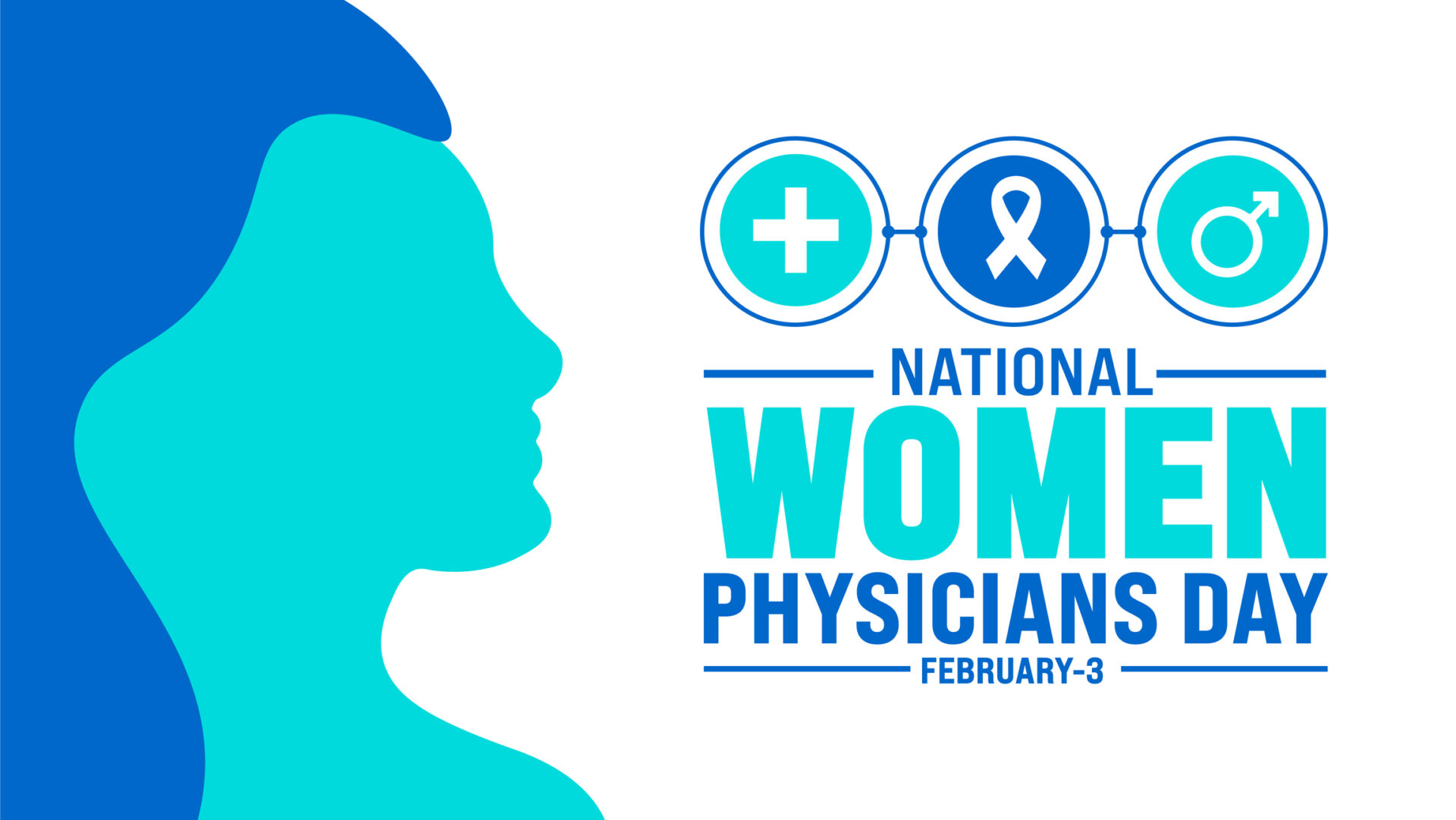Each year in the U.S., November recognizes Alzheimer’s Awareness Month. The initiative raises awareness of Alzheimer’s disease and supports those who live with it. Currently, there is no known cure for Alzheimer’s and most current treatments are indirect–offering temporary improvements to cognitive function or suggesting preventative measures early in life. However, recent research and funding initiatives have led to recent breakthroughs that offer glimpses of hope.
Recent Reasons for Hope
2021’s edition of Alzheimer’s Awareness Month brings a new context for hope. The year has been a positive year for progress in the search for an Alzeheimer’s cure. In June 2021, the FDA approved its first drug to treat Alzheimer’s since 2003. The drug, which is marketed under the name Aduhelm, is also the first that goes beyond treating the symptoms of Alzheimer’s and actually targets the underlying causes of the disease.
Despite this groundbreaking news, controversy has surrounded the announcement of Aduhelm’s approval. While this is not unusual for a recently released drug–especially one that has gone through the FDA’s accelerated approval process like Aduhelm–even the FDA retraced it’s steps and restricted its approval of Aduhelm for use only with patients with mild cases of Alzheimer’s. However, the evidence of the drug’s ability to target Alzheimer’s-causing plaque proteins is a sign that the medical research is quickly progressing toward if not a cure, at least preventative measures to curb early-onset Alzheimer’s or lessen the overall severity of the disease.
Funding the (Immediate) Future
In 2010, the United States Congress passed the National Alzheimer’s Project Act. In January 2011, the bill was signed. This law seeks to cure or effectively treat Alzheimer’s by 2025. In 2015, to help meet this goal, Congress passed more than $500 million in research funding. As 2025 nears, Congress continues to include research spending as a part of its annual budget. In 2018, Congress approved $425 million for Alzheimer’s research as part of 2019’s national budget, and in December 2020 Congress designated $300 million in spending for Alzheimer’s research as part of its budget for fiscal year 2021.
According to the the Alzheimer’s Foundation, 6.2 million Americans currently live with Alzheimer’s, and that number is expected to more than double to 13.6 million by the year 2060. However, between hallmark breakthroughs in research, and continued, accelerated funding from the highest levels of government, there is reason to have hope.
Interested in researching and treating Alzheimer’s? Want to be a part of the mission for a cure? Explore AMO’s neurology programs!






